
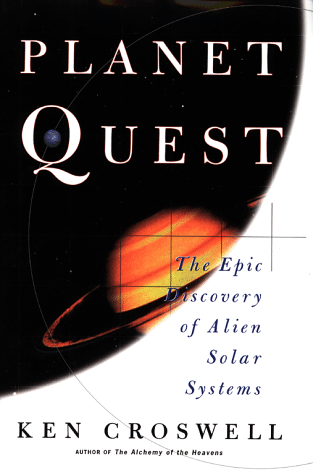
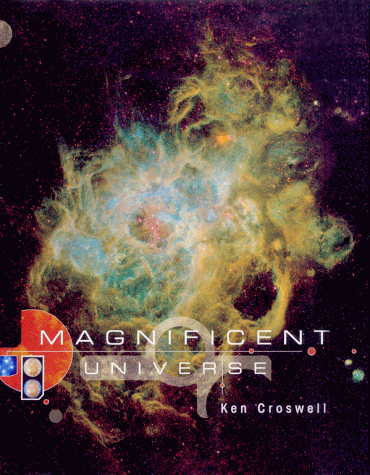
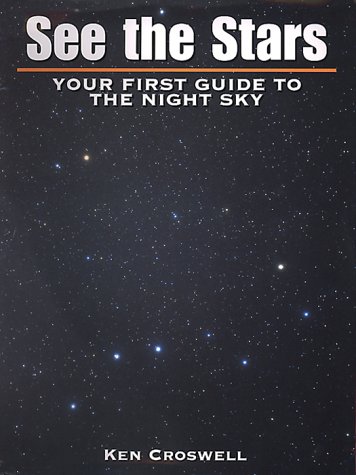
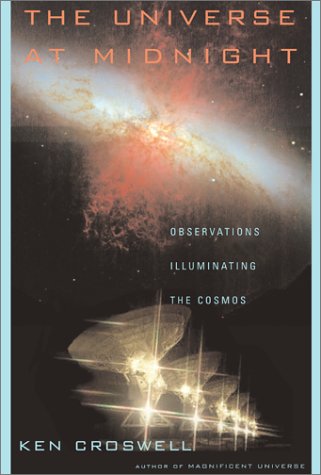
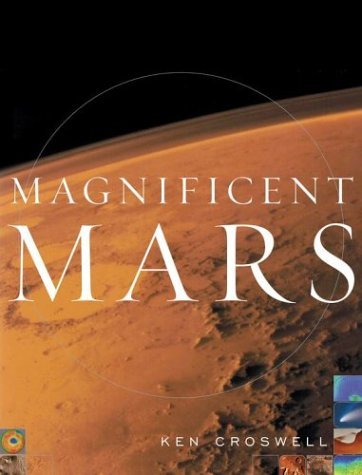
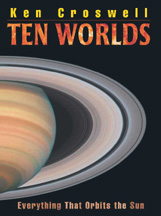
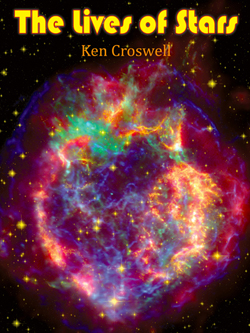
| BOOKS | F. A. Q. | ARTICLES | TALKS | ABOUT KEN | DONATE | BEYOND OUR KEN |
|---|
By Ken Croswell
Published on ScienceNOW (March 22, 2012)
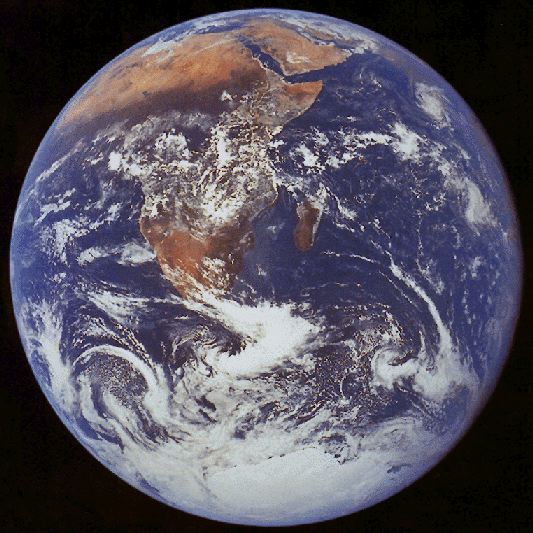
Credit: Apollo 17. NASA.
A black hole hitting Earth sounds like the ultimate doomsday scenario. But it probably won't hurt much, say researchers who created computer simulations to see what would happen if a puny primordial black hole, born just after the big bang, struck our planet. If they exist, such black holes constitute some of the Galaxy's dark matter; they're much smaller than the black holes we know about, having the masses of asteroids but the diameters of atomic nuclei. As the scientists will report in The Astrophysical Journal, the hypothetical black hole would zip through Earth in about a minute, barely shaking the world's surface the way a very weak earthquake would. Larger primordial black holes would shake the ground more but are thought to be much rarer. Don't stay up waiting for those tremors, however: even collisions with the smallest and most common primordial black holes should happen no more than once every few million years. That's good news for everyone--except those who'd like to see whether these exotic objects really exist.
Ken Croswell earned his Ph.D. in astronomy from Harvard University and is the author of The Alchemy of the Heavens and The Lives of Stars.
"An engaging account of the continuing discovery of our Galaxy...wonderful." --Owen Gingerich, The New York Times Book Review. See all reviews of The Alchemy of the Heavens here.
"A stellar picture of what we know or guess about those distant lights."--Kirkus. See all reviews of The Lives of Stars here.
| BOOKS | F. A. Q. | ARTICLES | TALKS | ABOUT KEN | DONATE | BEYOND OUR KEN |
|---|